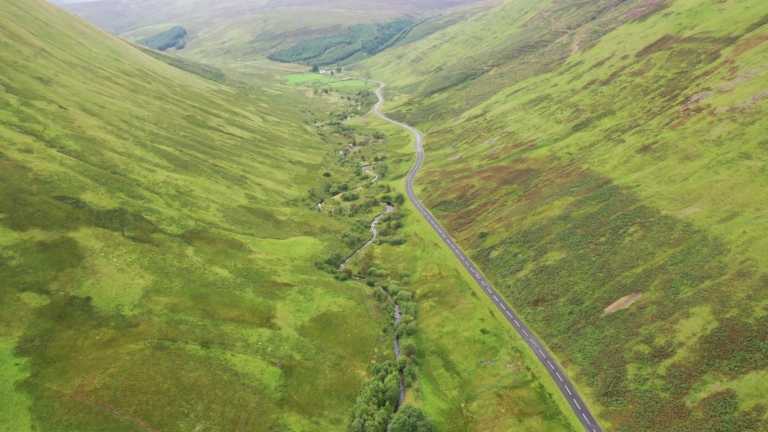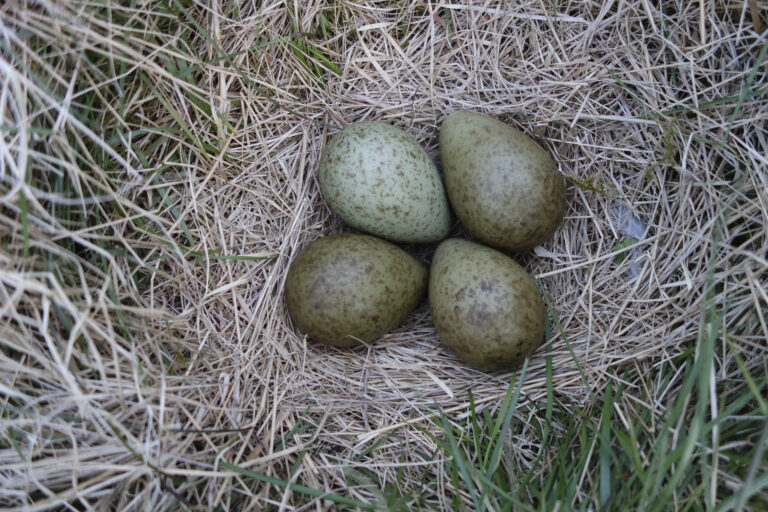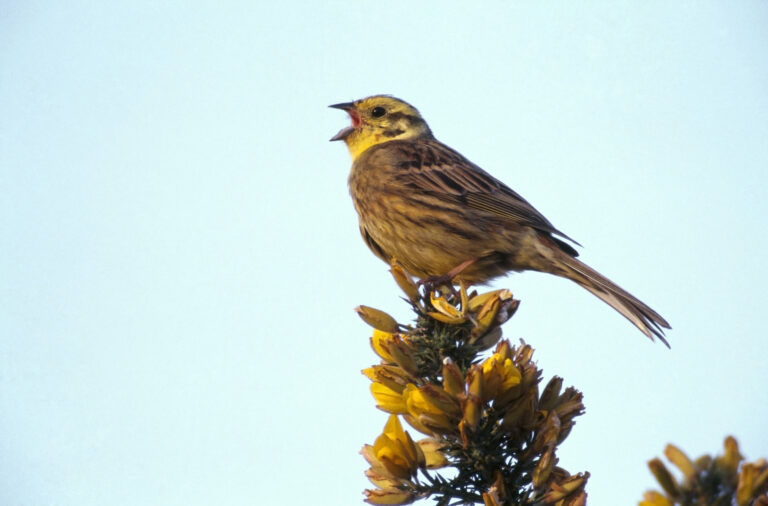This week the Rural Affairs and Islands Committee published its report on the Agriculture and Rural Communities Bill. This is an important part of parliamentary scrutiny, where after taking evidence from stakeholders, MSPs make recommendations on how the Bill can be improved before the parliament is asked to vote on it. The report echoed many of the proposals made by Scottish Environment LINK members and shared by other organisations.
The committee found that, while the majority of respondents to consultations and engagement agreed with the principle of the Bill being framework legislation, many felt that there is a need for further clarity and certainty on how the Scottish government would use these powers. LINK members feel that, while the Bill needs to remain somewhat flexible to allow for changing contexts, this Bill needs to set a clearer direction for the future of agricultural policy and support. This is essential in working towards a farming system that works for climate, nature, and people.
The committee encourages the Scottish government to consider amending the wording of the objectives set out in the Bill. LINK members believe that the objectives are currently very narrow, and that a clearer purpose clause for the Bill is needed here. This will strengthen the Bill and give more clarity on the future objectives and goals of the agricultural system.
The Bill introduces a power for the Scottish government to develop 5-year plans for rural policy and support, called the Rural Support Plan. The report noted that several stakeholders felt more detail is needed in terms of what must be included in each Rural Support Plan, and the committee recommends that the Bill be amended to set out requirements for this.
Scottish Environment LINK has called for the Bill to set out in detail what must be included in each Rural Support Plan, including multi-year budgets, details of each payment scheme, the overall rationale of the plan, and detail on how the impact of the plan will be monitored. This will ensure greater consistency between each 5-year plan and will ensure that industry has greater clarity on future policy. As such, we welcome the committee’s conclusion that “the proposed plan would be a more meaningful and useful document with this information included”.
The committee also recommends that the Rural Support Plan be subject to parliamentary scrutiny, and that this scrutiny be completed before secondary legislation is introduced in 2025. LINK members are also advocating for parliamentary scrutiny and approval of each plan. For further certainty on this, and to allow sufficient time for secondary legislation to be developed, LINK is calling for a specified date by which the first Rural Support Plan must be published.
We are also happy to see that the committee agrees with the principle of including a power to cap or redistribute payments and is urging the Scottish government to consider distributional effects, and include details of this thinking, in the Rural Support Plan. The committee notes the concern of some stakeholders, including Scottish Environment LINK, that capping should not be applied to payments for environmental purposes, such as nature restoration.
LINK agrees with the need for capping and redistribution powers and believes that the Bill should introduce a duty on ministers to consider the distributional effects of funding schemes. LINK also believes that the Bill should introduce a power to frontload payments, or give higher rates of funding to the first few hectares, benefitting smaller farmers and crofters.
This report shows support for several of LINK’s proposals for the Bill, which we believe to be a positive step. We will continue to push for amendments to the Bill to ensure it works in the interest of communities, climate, and nature.




